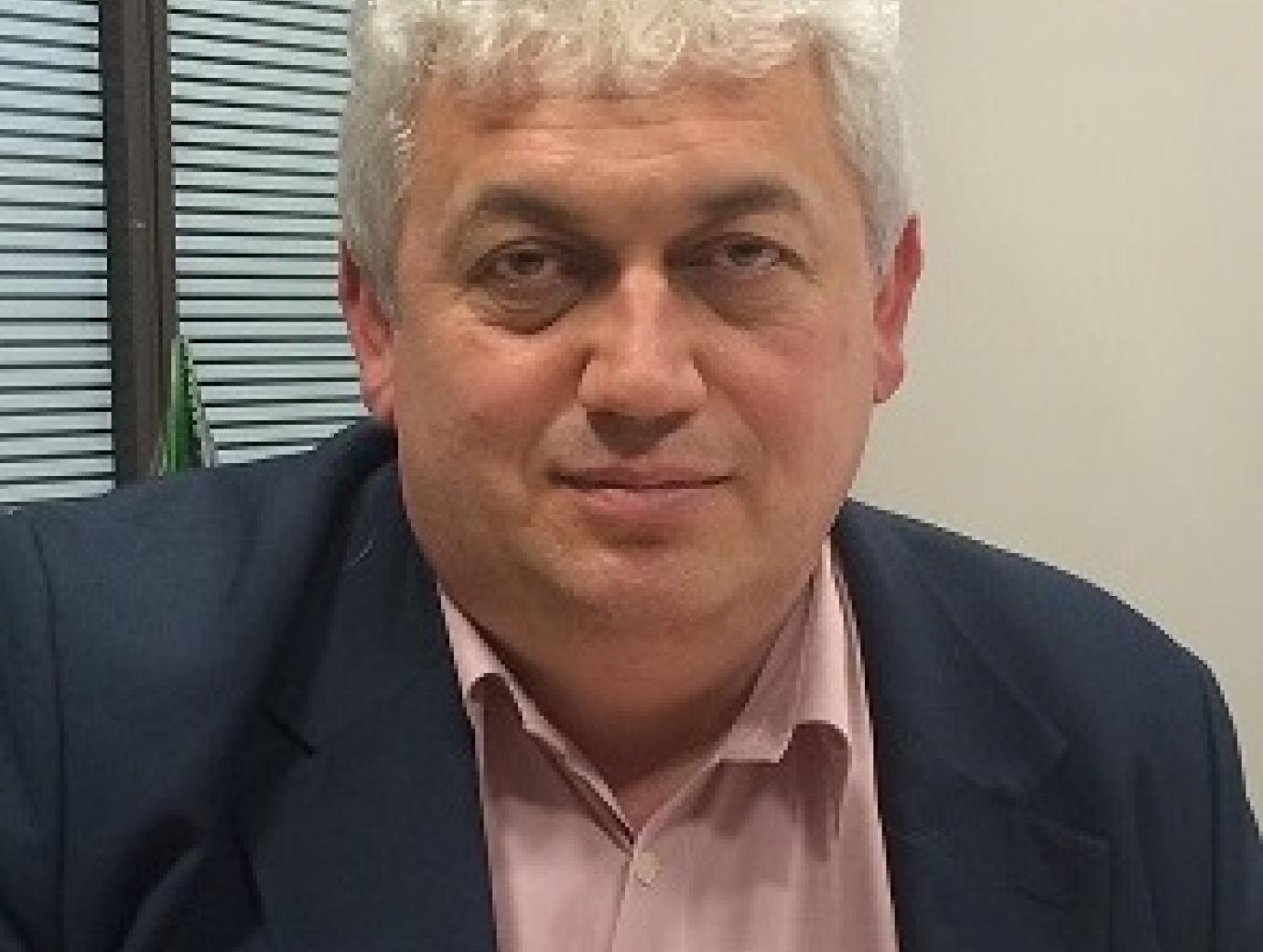The NITAG of Moldova is relatively new. It was established in October 2013 after a long discussion process with the Ministry of Health and people involved in the national immunization programme. The committee is composed of 32 members, including ex-officio members who are representatives of national bodies involved in immunization. Core members are doctors specialized in different disciplines all related to vaccinologie: infectious diseases, pediatrics, immunology, public health etc.
The committee has already met three times since it was established and members have discussed several topics such as:
- The introduction of the inactivated polio vaccine (IPV) and HPV vaccine
- The removal of mandatory BCG vaccination
- Vaccination against Hepatitis A and Flu among risk groups
- Post-introduction evaluation of Pneumococcal Conjugate Vaccine and rotavirus vaccine
YOU RECENTLY ATTENDED A STUDY TOUR IN FRANCE, WHAT DIFFERENCES DID YOU OBSERVE BETWEEN THE FRENCH COMMITTEE AND MOLDOVA’S?
We attended the meeting of the French NITAG on October 15, 2015. Contrary to the committee of Moldova, the French one is long established and well organized. We admired the quality of the debates and the use of well-defined procedures during the discussion and the workshops. Also, the rules for confidentiality are very clear and well observed.
DO YOU THINK YOU CAN APPLY SOME OF THE LESSONS LEARNED TO YOUR NITAG?
This study tour has been a great source of motivation for us. We are going to draft a report to the Ministry of Health and we are now better equipped to discuss the role of NITAG and the resources needed. In this regard, the participation of the EPI manager was of great value.
From an operational perspective, we are going to focus on the strengthening of the secretariat by requesting more technical resources. We would like to increase the number of meetings per year to 3 to 4 as well as establish a long term work plan and start organizing sub-committees. Eventually we are going to develop presentations on evidence-based vaccinology topics to inform members and create discussion around these topics that could become priorities in the near future.
WHAT ARE THE MAIN CHALLENGES FOR YOUR COMMITTEE?
What is most difficult is the acceptance of our recommendations by the Ministry of Health. Our country is experiencing a period of political instability and severe financial hardship. In such a context, obtaining from the Ministry of Health decisions to introduce new vaccines, to invest in logistics (refurbishing the cold chain) or to use multivalent vaccines is very complex.
- Moldova (Republic Of)


